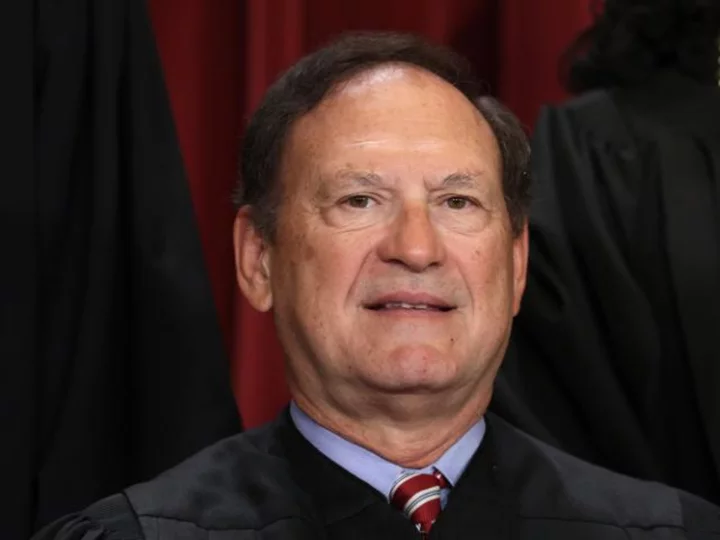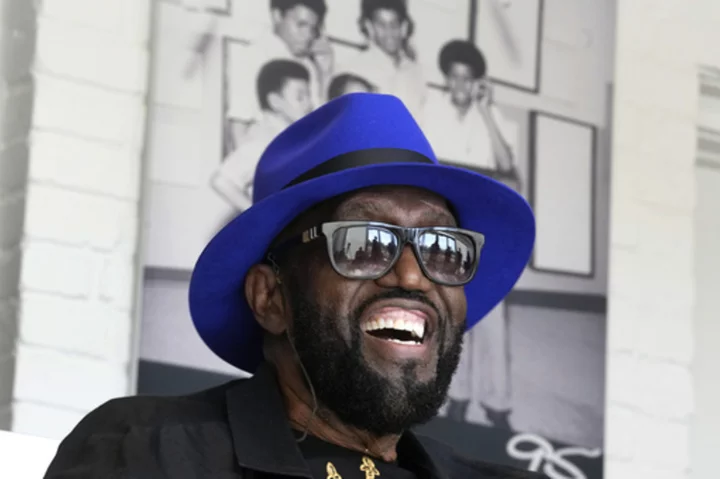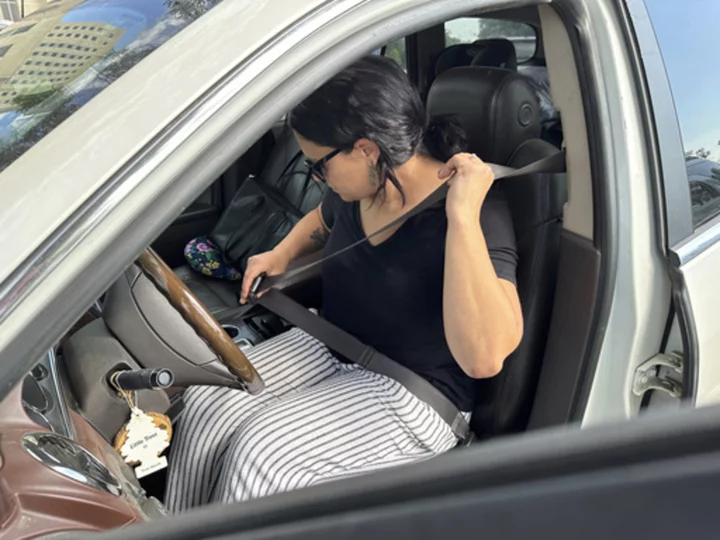Congress should stay out of the Supreme Court's business and stop trying to impose ethics rules on justices and clerks, Justice Samuel Alito said in an interview published by The Wall Street Journal editorial page Friday.
"Congress did not create the Supreme Court," Alito said. "I know this is a controversial view, but I'm willing to say it. No provision in the Constitution gives them the authority to regulate the Supreme Court -- period."
Spurred by a string of stories calling out questionable ethical decisions and a lack of transparency and disclosure, Senate Democrats have advanced legislation meant to create a code of ethics for the Supreme Court.
In an unusual move, Alito last month sought to preempt a ProPublica report on him by publishing a Wall Street Journal op-ed rather than responding to ProPublica's request for comment directly.
Alito, a conservative appointed by George W. Bush, said he's realized that nobody's going to defend him if he doesn't do so himself.
"I marvel at all the nonsense that has been written about me in the last year," Alito told the Journal, adding that "the traditional idea about how judges and justices should behave is they should be mute."
"But that's just not happening," he said. "And so at a certain point I've said to myself, nobody else is going to do this, so I have to defend myself."
As for criticism of the court's recent decisions, such as Alito's majority opinion striking down Roe v. Wade last year, the justice compared any effort to defy the court on a vast scale to objections in the South after major civil rights cases in the 1950s, including Brown v. Board of Education, which declared "separate but equal" was unconstitutional.
"If we're viewed as illegitimate, then disregard of our decisions becomes more acceptable and more popular," Alito said. "So you can have a revival of the massive resistance that occurred in the South after Brown."









